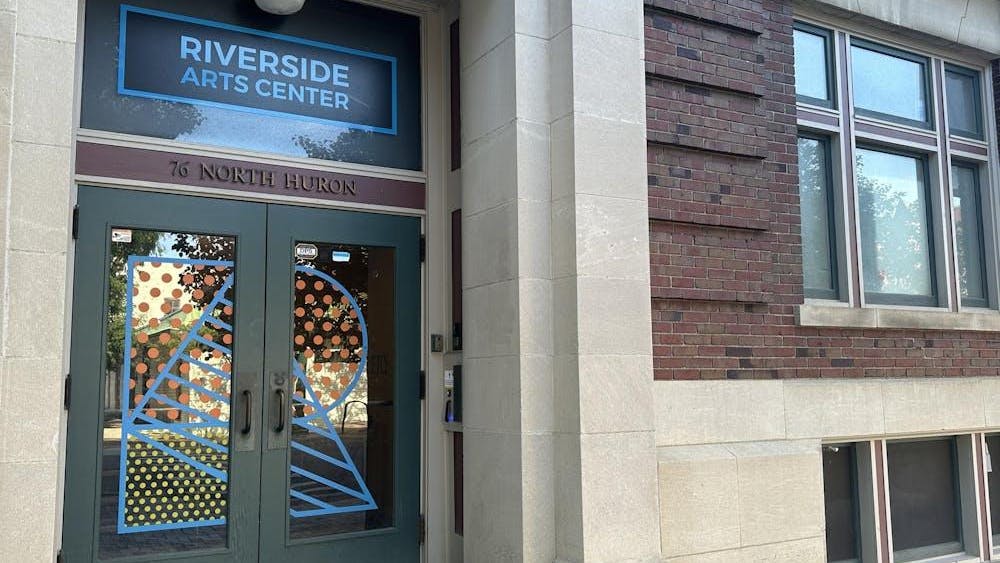Many people can identify with feeling a little more tired and sluggish in the winter than in warmer seasons. But some people experience extreme symptoms that cause them to hide indoors and become reclusive.
For those who suffer from it, seasonal affective disorder can be crippling, as the symptoms are similar to those of depression. If you have increased appetite and sleep, irritability and feelings of sluggishness during the winter, you could be showing signs of SAD.
The ironic acronym for this disorder is quite fitting, but it does not mean those who suffer from it must simply live with it. Several things can be done to combat SAD, which can combat the disorder that can leave someone unmotivated, antisocial and tired.
Light therapy is very effective in decreasing feelings of sluggishness and low energy, because it mimics sunlight. Exposure to natural light is believed to be a reason why some people feel depressed in winter, as the days are shorter. Also, spending more time indoors due to cold deprives people of natural light.
A special, very bright fluorescent lamp is often used during light therapy. A common routine involves sitting a couple feet away from the lamp in the morning for about 30 minutes, or during the evening when the sun is setting.
Those who use light therapy shouldn’t look directly at the light, as it could harm the eyes. Also, certain medications including antibiotics or antipsychotics often have side effects including light sensitivity, so any light therapy routine should be discussed with a physician first.
Unfortunately, light boxes and lamps can be expensive, ranging from $40 to $300. Products can be found on Amazon.com or similar websites.
If you feel antisocial or sluggish year-round, light therapy will not be enough. Talk to a physician to get the help you need.
Spending time outdoors or near a window where light shines in can also help, as natural light exposure can lessen symptoms of SAD. Exercising daily is also helpful, as this increases endorphins, the chemicals that lessen pain.
Even if you have little time during the day, a short exercise routine can help. Running for 10-15 minutes, doing sit-ups, or even dancing can release endorphins. Body movement is essential when dealing with feelings of sluggishness, as exercise can increase alertness.
For those who have trouble getting motivated to exercise, make an event out of it. Ask friends to tag along, make an awesome workout playlist or do a fun
exercise like yoga or kickboxing. Staying in shape is important for your body as
well as your mind.
Continuing to spend time with other people is important as well. Attend social gatherings even if you feel reclusive, as spending time with others will help you feel less lonely. Having an open dialogue with a friend or family member is also helpful and helps you remember that others care for you.
Talk therapy can also be helpful when dealing with SAD. EMU’s Counseling and Psychological Services can be consulted for an appointment at 734-487-1118. A screening process through CAPS can tell you what the best course of action for dealing with your case of SAD might be.
Gaining support from family and friends is always important when dealing with illness, including mental disorders.
Loved ones can encourage you to spend time with them, as well as be understanding if you are feeling down.
Resources that can be consulted for more information about SAD include the National Organization for Seasonal Affective Disorder at.org and the National Alliance on Mental Illness at nami.org/helpline/sad.htm.
If you have suicidal thoughts, or someone you know feels suicidal, take action immediately by calling the National Suicide Prevention Lifeline at 1-800-273-8255 or 911. Please take any threats seriously, as suicide is a very serious matter.









